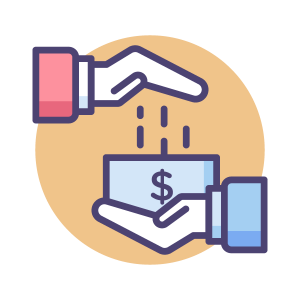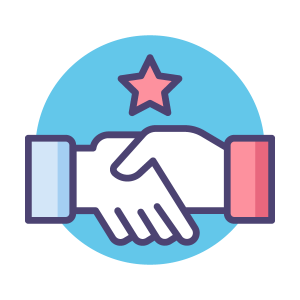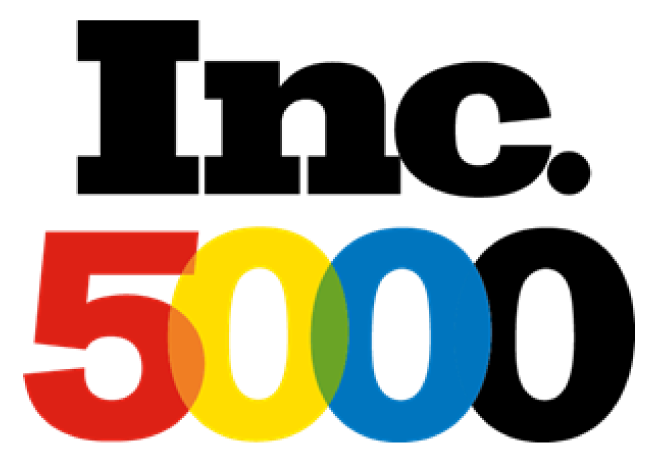Nonprofits are often in great need of digital tools that help them stay organized. From managing donations to reporting on use of funds, there is a lot of information that nonprofits need to stay on top of to be successful. These organizations can benefit from donation management software. Nonprofits need to be able to effectively gain funds from donors, but these days, that may not be enough. As more sophisticated platforms are being used, there is a greater expectation for nonprofits to use data effectively. However, this prospect is often daunting.we use Donation management software to track performance.
Keeping track performance of donors
To raise funds, nonprofits rely on individual givers and grants from foundations. Gaining resources is a never-ending part of the life of a nonprofit organization. In the past, keeping in touch with previous donors and tracking down new ones were both difficult tasks. With a donation management system, however, staff can more easily see prospects and former donors, which makes it easier to stay on top of funding. In addition, these platforms make staying in touch with these constituents easier. According to Idealware, donation management software can help you accomplish the following:
- Segment prospect pools to make it easier to target potential donors
- Make communication easier by facilitating production of direct mail and email
- Measure your fundraising strategies
- Collect data about donors and funding
These features can help you maximize your fundraising efforts. One of the main ways this is accomplished is through more efficient data collection. A system that maintains funding and donor information in one interface makes it easier to turn this data into reporting that can help nonprofits improve various practices.
Harness big data
Big data is a phrase that’s been thrown around a lot, especially in the last decade or so. As software becomes capable of effectively maintaining donor information as well as statistics from your own programs, this also leads to a problem of having too much information. Without a system that also helps you make sense of this data, it’s almost unusable.
It’s a good idea to choose a platform that also has business intelligence tools to make reporting and benchmarking easier for your organization. This is useful for several reasons. You need to provide funders information about what their resources are being used for. In addition, using information from fundraising campaigns can help you improve them. Donation management tools like those offered by CommunityForce collect data in an interface and deliver visualizations that make reporting more efficient.
Rather than staring at spreadsheets in Excel and trying to figure out graphing mechanisms, you can create sophisticated reporting graphics more quickly with the right software. On top of that, according to Markets for Good, foundations ask for extremely varied information and also tend to change what they ask for relatively frequently. To make sure they are proving their own worth, nonprofits need to be nimble and gain access to platforms that allow them to deliver this kind of information. It takes a lot of data to truly measure the impact and outcome of a funded project. As better donation management tools become more affordable for groups of all sizes, this is becoming easier to accomplish.











